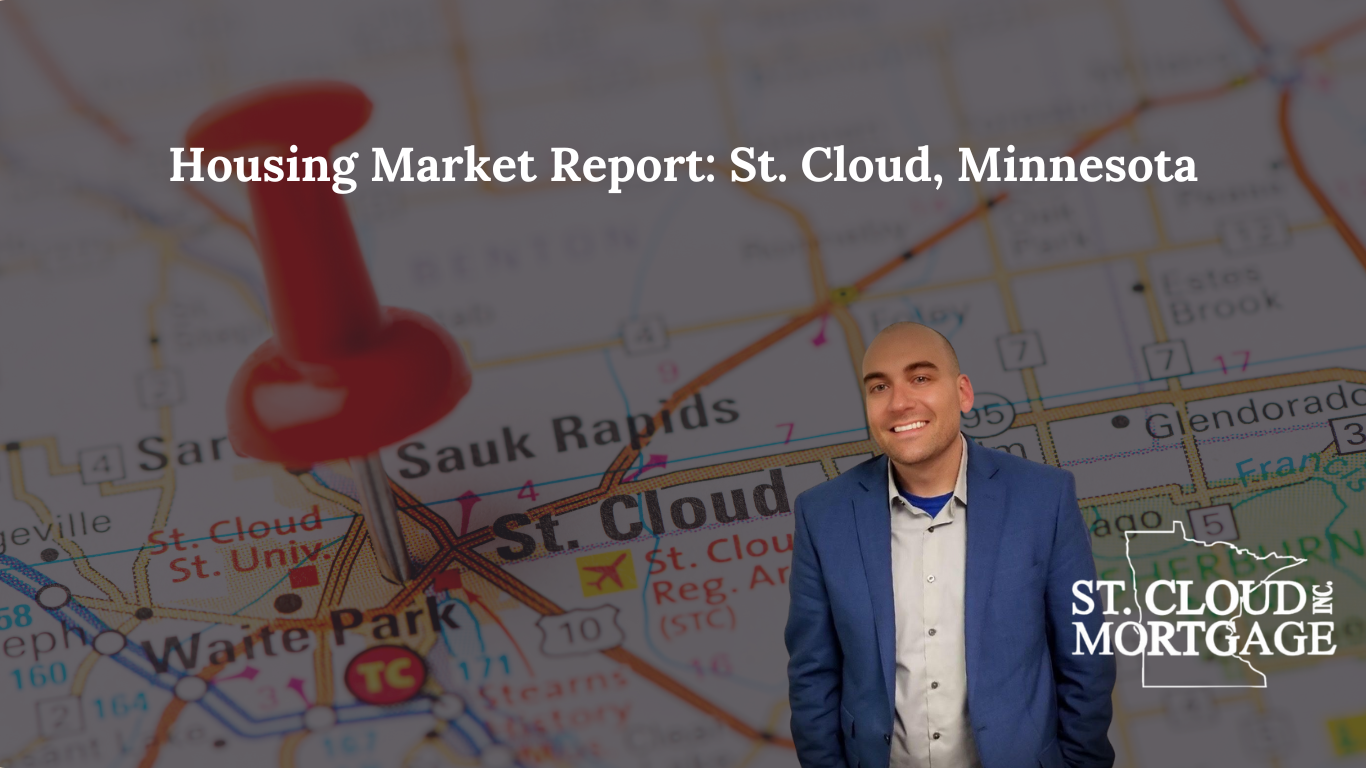Your Guide to Post-Closing Success!
A Guide to What to Expect After Closing on Your Home

Congratulations on your recent home purchase!
Closing on your house is a significant milestone, but the journey doesn't end there. For many new homeowners, particularly first-timers, navigating the post-closing period can be as daunting as the buying process. To ensure a smooth transition into homeownership, here's what you should expect and some tips for managing your new responsibilities, from maintenance to mortgage payments.
Understand the Immediate Post-Closing Tasks
1. Retain All Closing Documents: It’s crucial to keep all your closing documents safe. These include your closing disclosure, mortgage and title documents, and home warranty papers, if applicable. You might need these documents for tax purposes or future property-related inquiries.
2. Setup Utility Services: If you haven’t done so already, ensure all utilities are transferred to your name. This includes water, electricity, gas, and internet services.
3. Change Your Address: Update your address at the post office, for deliveries, subscriptions services, and on all personal accounts including banks and insurances.
Long-Term Maintenance Planning
1. Regular Maintenance Schedule: Keeping your home in top shape requires regular maintenance. Create a calendar for tasks such as changing HVAC filters, checking the roof for leaks, cleaning the gutters, and servicing major appliances.
2. Seasonal Care: Depending on where your new home is located, seasonal maintenance is necessary. In fall, prepare your home for colder months by inspecting heating systems and securing insulation. In spring, focus on exteriors—painting, roof check-ups, and garden landscaping.
3. Emergency Fund: Setup an emergency fund specifically for home-related issues that could arise unexpectedly, such as plumbing problems or electrical issues.
Managing Mortgage Payments and Finances
1. Understanding Your Mortgage Payment: Familiarize yourself with the components of your mortgage payment: principal, interest, taxes, and insurance (PITI). Knowing what portion goes where can help you assess how your payments affect your loan balance over time.
2. Automate Your Payments: To avoid missing payments, automate them. It’s not just convenient but ensures that you remain in good standing on your mortgage, crucial for maintaining your credit score.
3. Extra Payments: If possible, making additional payments can reduce your loan balance faster and save you money on interest in the long run. Check with your mortgage advisor to ensure there are no penalties associated with prepayments.
Energy Efficiency and Upgrades
1. Assess and Upgrade Insulation: Proper insulation can significantly reduce your energy bills. Assess the current insulation, and if needed, invest in better options like spray foam, rigid foam boards, or batt insulation.
2. Consider Green Tech: Technologies such as solar panels, smart thermostats, and high-efficiency appliances can lower your bills and potentially increase your home’s value.
3. Water-Saving Fixtures: Install water-efficient toilets, showerheads, and faucets to reduce your overall water usage. They not only help in saving on bills but also contribute to a more sustainable environment.
Stay Informed and Connected
1. Property Taxes and Assessments: Keep an eye on property tax assessments. If you think your home’s assessment is too high, consider an appeal. It might reduce your annual tax burden.
2. Community Engagement: Be active in your community. Join the local homeowner’s association, participate in local elections, and stay updated on zoning changes that could affect your property.
Transitioning into homeownership is an exciting phase that comes with its set of responsibilities. By staying organized, proactive in your home's maintenance, and strategic with your finances, you can ensure that your home remains a valuable asset and a personal haven for years to come. Remember, the effort you put into your home not only enhances your living experience but also contributes to the overall value of your investment.
Use these tips as a guideline to embark on your homeownership journey with confidence and strategic insight!



